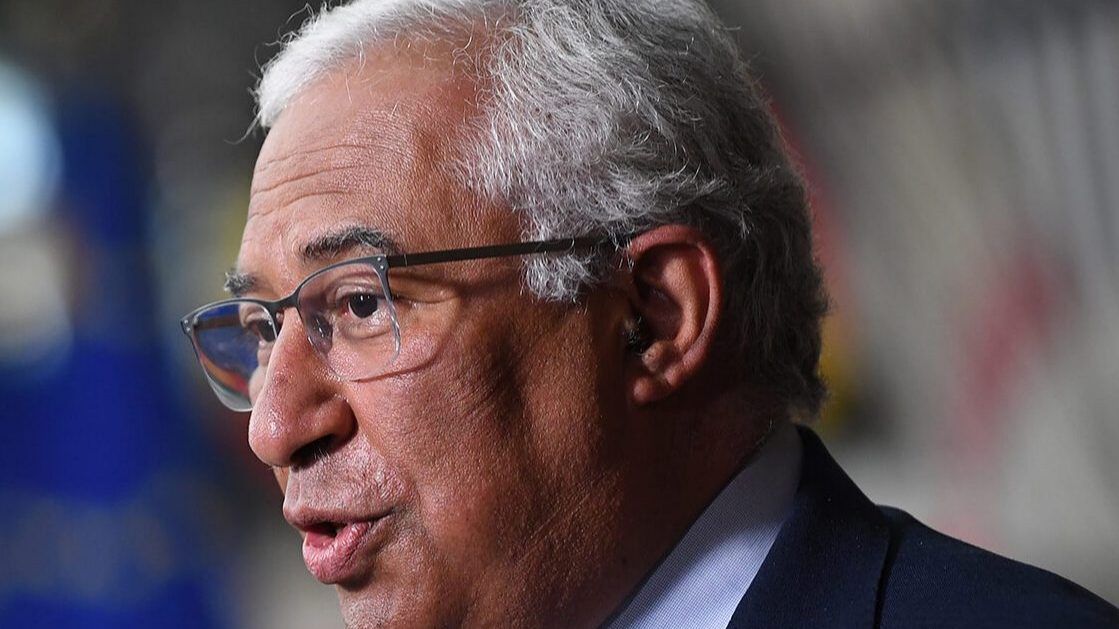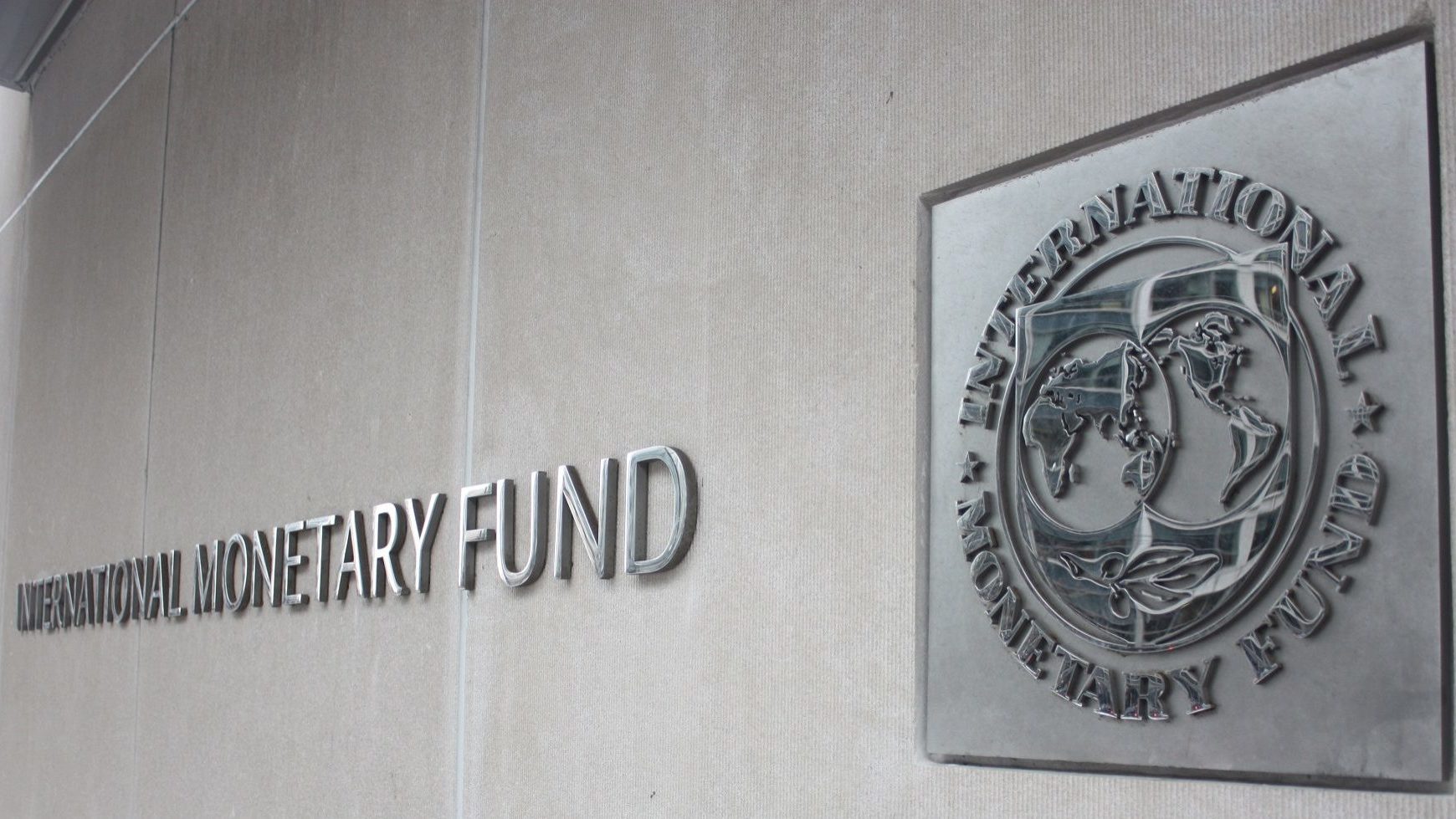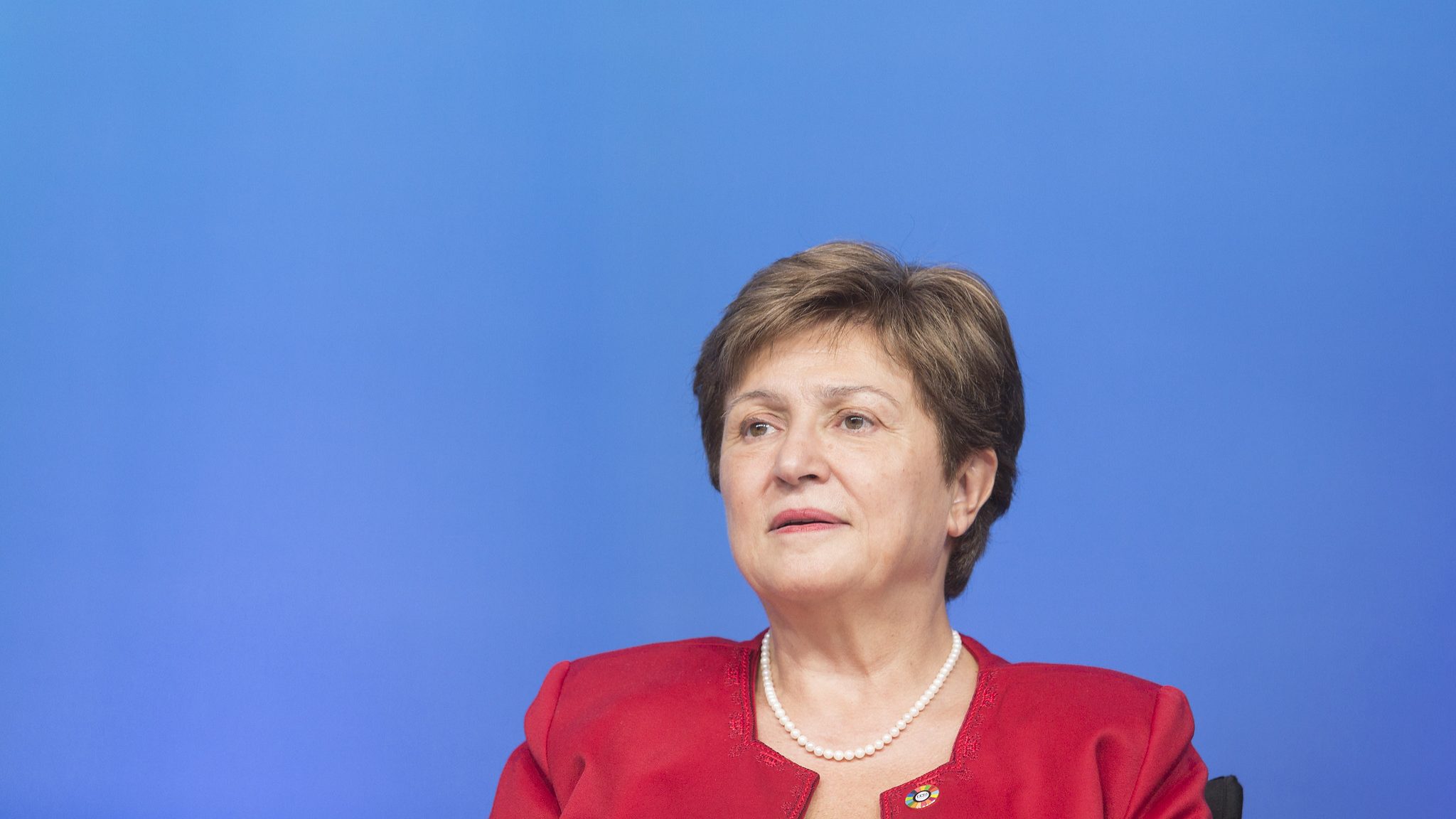Finance minister aims to remove Portugal from list of most indebted
After a reduction of 10 percentage points, bringing the debt down from 125% to 115% of GDP in 2022, the government projects a further reduction in 2023, when it is expected to fall to 110% of GDP.
Portugal’s finance minister, Fernando Medina, stressed the importance on Tuesday of reducing debt and the goal of removing Portugal from the list of the most indebted countries, which strengthens the country’s external credibility.
“In 2022, we will have a lower debt than we had at the beginning of the pandemic, we will be one of the few countries to achieve this feat,” the minister said, stressing that the goal for this year and the following years is to “remove Portugal from the list of the most indebted countries,” placing it in the debt group of large economies such as France.
The finance minister was speaking at the end of a lunch organised by the International Club of Portugal in Lisbon, at which he answered questions from participants, admitting: Although it is still early “to say where we will be in that platoon,” it is certain that Portugal will be in it.
After a reduction of 10 percentage points, bringing the debt down from 125% to 115% of GDP in 2022, the government projects a further reduction in 2023, when it is expected to fall to 110% of GDP.
“Until the pandemic hit, we were in third place in the ranking of the countries with the highest public debt in the euro area,” said the minister, referring to Greece, Italy and Portugal, stressing that the government’s goal for 2022, 2023 and beyond was to remove Portugal from the list of the most indebted countries.
Fernando Medina said the importance of moving from “third place alone” to a “peloton” in which Spain, France and Belgium are included is of “enormous value” because “Portugal is no longer a case” and is now in a “peloton accompanied by cyclists of calibre as are the economies of these countries.
On the sidelines of the meeting, when asked about possible impacts on the state’s and consumers’ energy bills with the reduction in natural gas production and supply from Nigeria, Fernando Medina stressed that this issue was being monitored by the secretary of state for energy, stressing however that the country has a significant supply capacity, and it is necessary to see the timetables that will process the contracted deliveries.
On the European Commission’s proposal for joint gas purchases, the minister said that Portugal not only supports this measure but has also fought for a strategy to improve interconnections within the European space so that in Europe, “a large door can be opened to the west, precisely through Portugal, through Spain,” in order to strengthen Europe’s energy autonomy.


